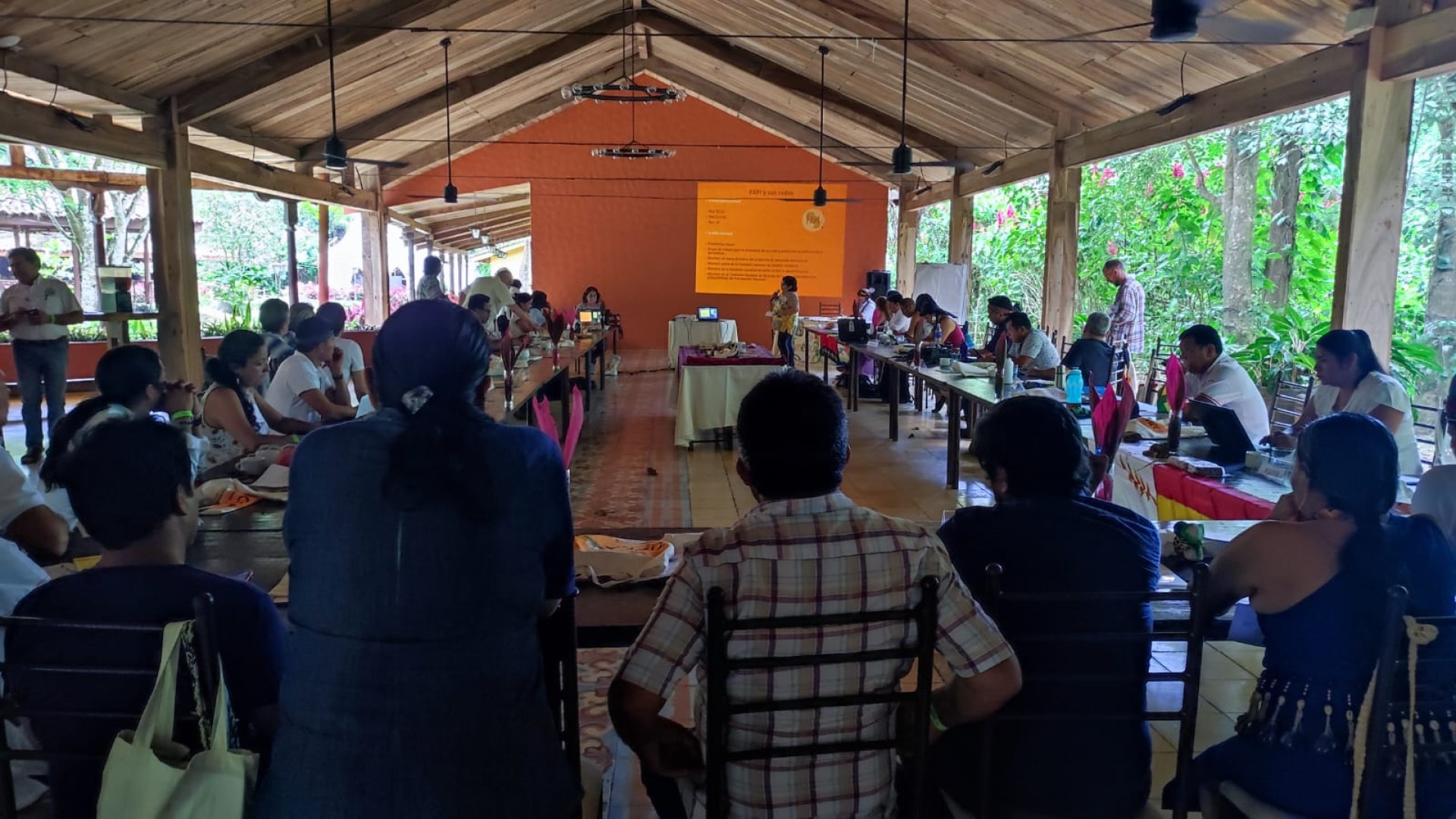In the Assembly that took place in Costa Rica, the representatives identified the main threats to the Territories of Life in the region. Likewise, they identified possible solutions and hopes for the future
First published on 02/03/2023, and last updated on 04/11/2023
Shared by Consorcio TICCA
Photo credit: Gaspar Garros Marambio/ Costa Humboldt
As a general overview, the situation of the territories of life in Latin America could be more encouraging. According to the experiences shared on the first day of the 3rd Assembly of the ICCAs Territories of Life Network – Latin America, Indigenous Peoples, and local communities have no guarantees in any of the countries to defend their territories.
They are intimidated by state institutions and transnational mining and oil extraction companies, monocultural agribusiness, illegal garimpo (small-scale and informal mining camp), industrial fishing, hydroelectric projects, and mega highway projects, which destroy biodiversity and generate conflicts within the territories of life.
Download: Tárcoles Declaration: ICCA Territories of Life Network – Latin America
The presentations showed, for example, that communities in Guatemala are affected by the cultivation of African palm oil; in Chile, the fight is against the salmon industry, while in Ecuador and Bolivia, extractivist policies favor mining concessions.
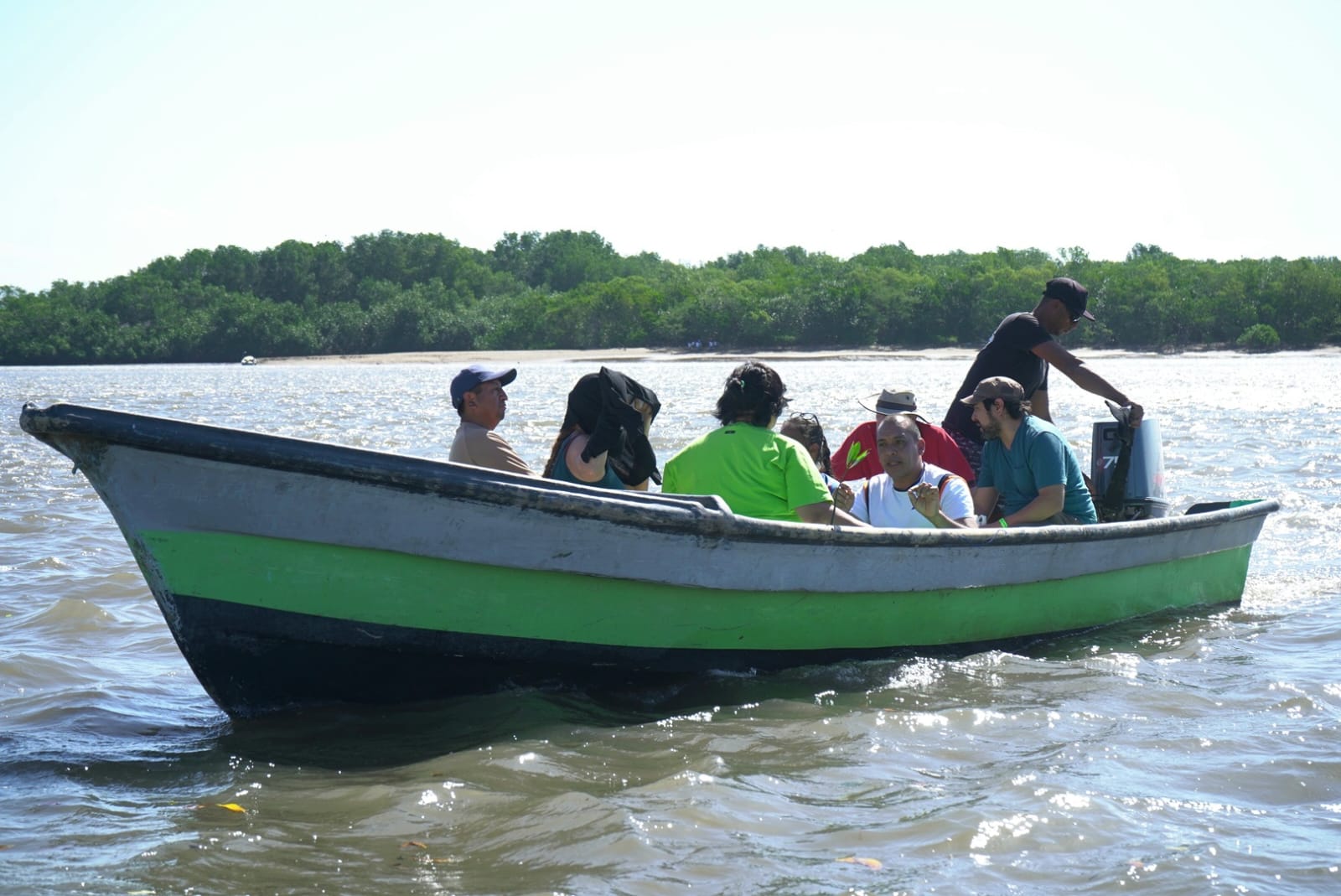
In Nicaragua, the Indigenous Peoples and local communities are affected by the fishing of turtles, fish-scales, shrimps, and unsustainable extractions of other elements of nature. There is Autonomy Law 445 that recognizes communal property rights in the Caribbean for land and sea, but these laws only exist on paper.
Even in countries like Paraguay, with a good legal framework that guarantees free, prior and informed consent, it is impossible to stop the harmful progress of agribusiness. In Paraguay, 2019, 2020, and 2021 were the years with the highest evictions of communities.
Meanwhile, the national network of ICCAs – territories of life from Chile reported that the state does not recognize the rights of Indigenous Peoples. The Mapuche Confederation of Neuquén, from the Argentina national network of ICCAs, denounced that the territories are being affected by the “two international steps” projects promoted by the Chilean and Argentine states, installed near their sacred territories; also the hydroelectric, mining, real estate megaprojects destroy the habitat of the territories of life in Patagonia, which have been preserved almost intact, thanks to the Indigenous Peoples.
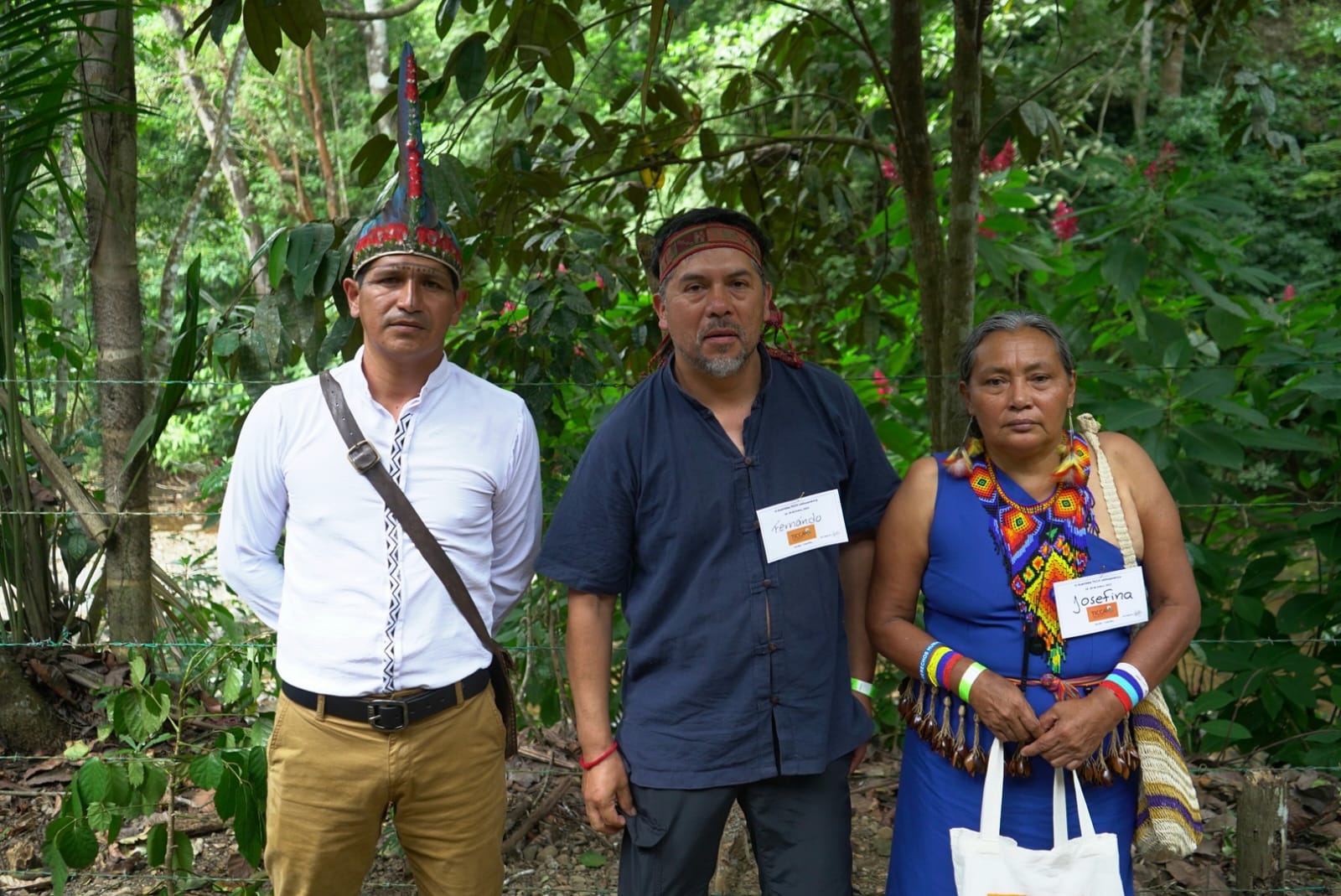
Brazil, for its part, denounced the humanitarian emergency that the Yanomami People are going through in the Amazon. However, they hope that with the change of government, better living conditions for the Indigenous Peoples and local communities, in general, are envisioned.
Despite the bleak outlook, the Latin American territories of life defend their rights to exist and to continue exercising their autonomy and self-determination, as well as their culture, livelihoods, and own forms of government. They defend their territories of life with the most varied, creative, collaborative strategies. That is why the coming together of the territories of life in Latin America and the global ICCA Consortium is essential.
The growth of the national networks of territories of life to consolidate strategies that allow them to protect their ways of life, restore food sovereignty, maintain biodiversity, and demand respect for their rights, recognized in international agreements such as the Convention on Biological Diversity and ILO Convention 169 on Indigenous and Tribal Peoples, among others, is evident.
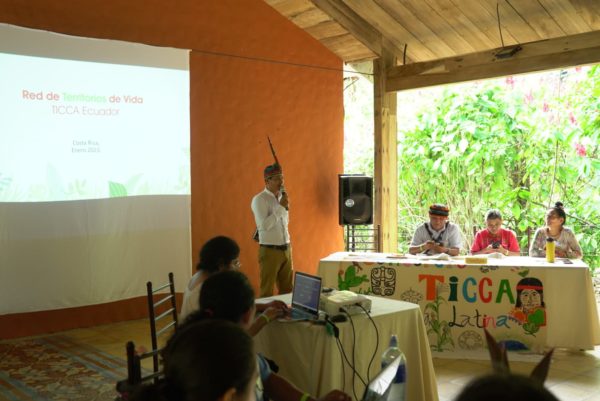
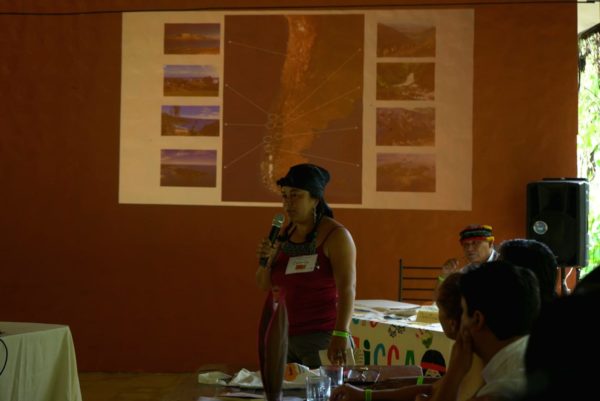
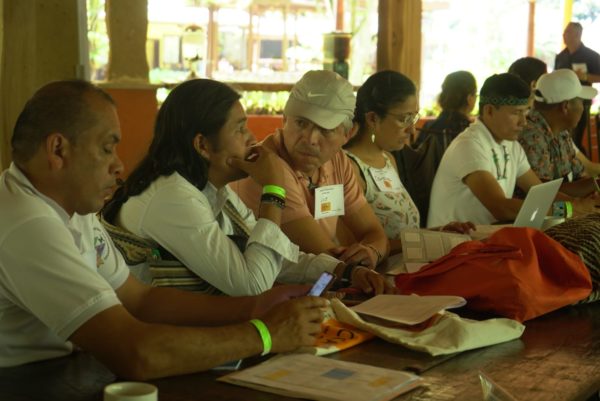
At the same time as exposing the violation of their rights, they expressed their continued commitment to dialogue with state authorities. They insisted on defining public policies that support the territories of life. They also reconfirmed the vital contribution of Indigenous Peoples and local communities to protecting life on Earth.
According to Albert Chan Dzul, coordinator of the Mesoamerica subregion, two projects are being carried out with the academy in Mexico: to strengthen food sovereignty and to de-escalate environmental conflicts. And also participate in initiatives to support marine-coastal territories directly with the communities.
In Ecuador, in addition to supporting the struggles and strengthening local government in the territory, current challenges include generating their territorial documentation: mapping, registration, and systematic (annual) reporting on the situation of the territories of life in the country, including violations of human, collective and natural rights.
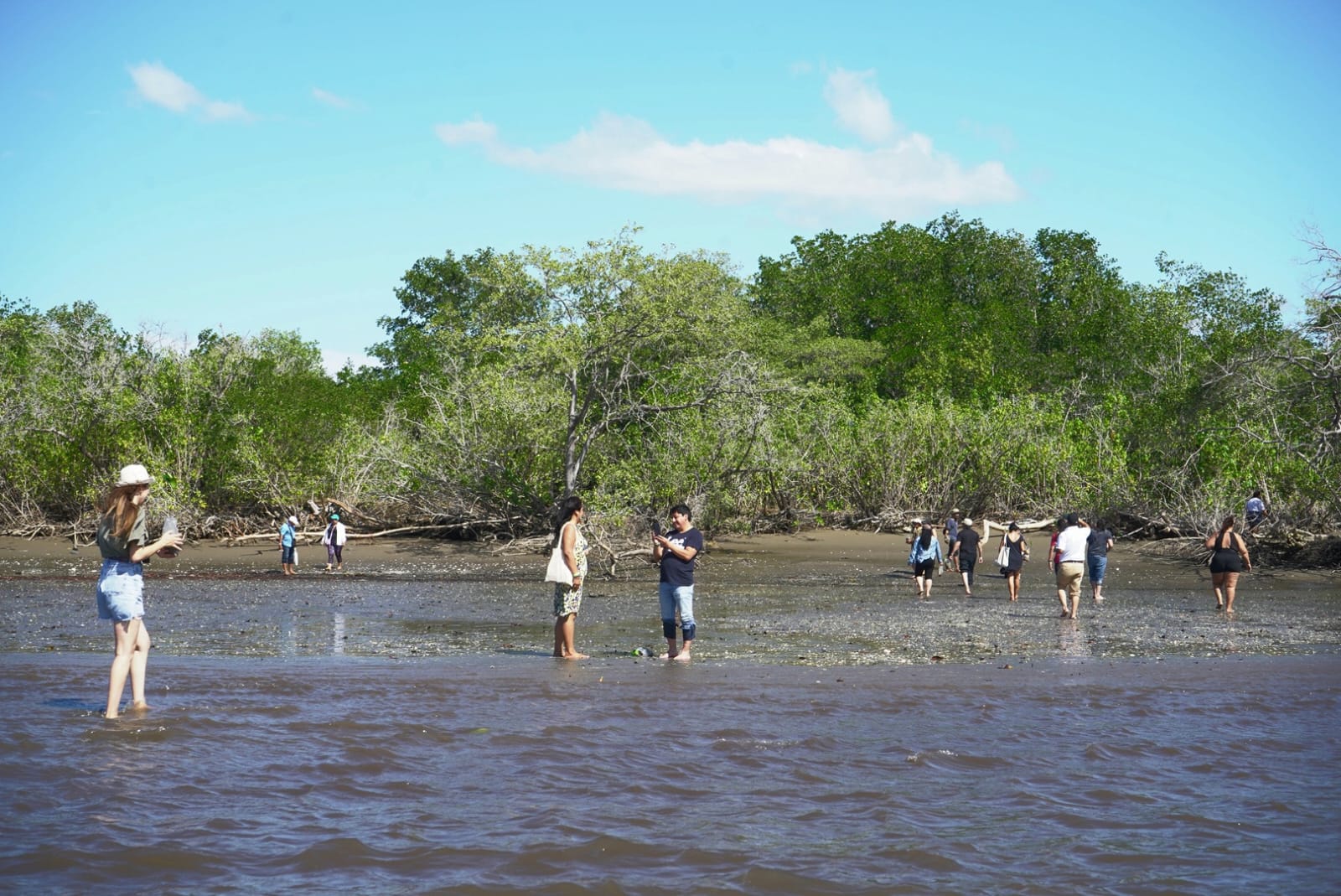
Thus, each participant shared their experiences defending their territories and needing to coordinate in a network with respect and autonomy to protect life. By the end of the first day of the 3rd Assembly of the ICCAs Territories of Life Network – Latin America, the difficult situations experienced in the territories of life, as well as the interest in strengthening national networks and the urgency of maintaining support and connection between the Latin American network and the global ICCA Consortium were very clear.
The fourteen countries that are part of the Latin American network participated in the event.
- Mesoamerica Subregion: Costa Rica, Guatemala, Honduras, Mexico, Nicaragua, Panama.
- Southern Cone Subregion: Argentina, Chile, Paraguay.
- Amazon Subregion: Brazil, Bolivia, Colombia, Ecuador, Peru.
